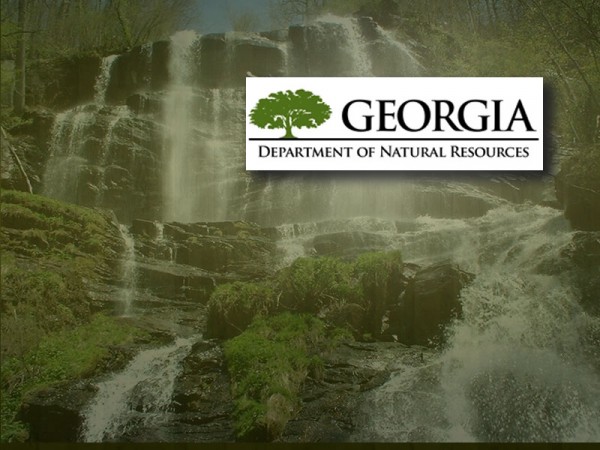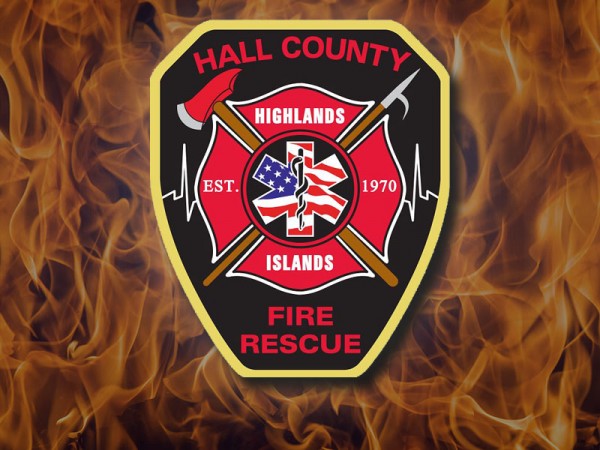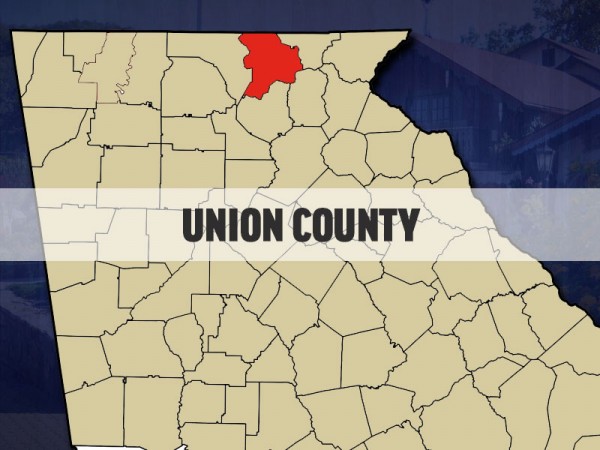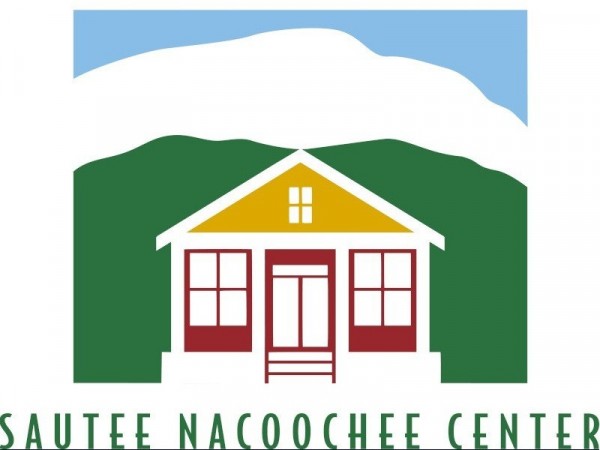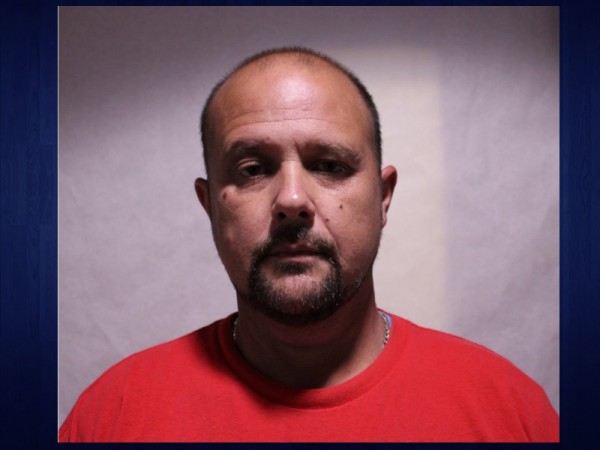WASHINGTON - Hunters may get more chances to "draw a bead" on the Canada geese that congregate in places around Gainesville and Lake Lanier.
State officials now have more leeway in dealing the birds.
The U.S. Fish and Wildlife Service (USFWS) has issued a final ruling on management of the geese population nationwide - including expanded hunting methods and seasons.
State wildlife officials in Georgia often field complaints from people around Gainesville about flocks of Canada geese soiling grassy areas and hindering play on golf courses. Gainesville State College is home to one of the most visible flocks.
The USFWS' Record of Decision and final rule were published in the August 10 Federal Register.
The action is in response to "growing impacts from overabundant populations of resident Canada geese," which can damage property, agriculture, and natural resources in parks and other areas.
"The Service worked closely with State fish and wildlife agencies and the Department of Agriculture's Wildlife Services to provide a full range of options for managing resident Canada goose populations consistent with health, safety and environmental demands," said USFWS Director H. Dale Hall. "This final rule offers the essential flexibility needed for effective natural resource management."
The rapid rise of resident Canada geese populations has been attributed to a number of factors. Key among them is that most resident Canada geese live in temperate climates with relatively stable breeding habitat conditions. They tolerate human and other disturbances, have a relative abundance of habitat such as mowed grass and waterways, and fly short distances for winter compared with migratory Canada goose populations. The absence of waterfowl hunting and natural predators in urban areas has also contributed to perpetuating overabundance, as well as encroachment of their habitat by man in high growth areas such as Gainesville.
The new regulatory program consists of three components. The first creates control and depredation orders for airports, landowners, agricultural producers and public health officials that are designed to address resident Canada goose depredation and damage while managing conflict. This component will allow take of resident Canada geese without a federal permit provided certain reporting and monitoring requirements are fulfilled.
The second component consists of expanded hunting methods and opportunities and is designed to increase the sport harvest of resident Canada geese. Under this component, States could choose to expand shooting hours and allow hunters the use of electronic calls and unplugged shotguns during a portion of early September resident Canada goose seasons.
The third component consists of a new regulation authorizing the Director to implement a resident Canada goose population control program, or "management take". Management take is defined as a special management action that is needed to reduce certain wildlife populations when traditional and otherwise authorized management measures are unsuccessful, not feasible, or not applicable in preventing injury to property, agricultural crops, public health, and other interests. Under Management Take, the take of resident Canada geese outside the existing sport hunting seasons (September 1 to March 10) would be authorized and would enable States to authorize a harvest of resident Canada geese between August 1 and August 31. Management take would be available to States in the Atlantic, Mississippi, and Central Flyways following the first full operational year of the other new regulations.
For specific details on the final rule, readers should consult the August 10 Federal Register.
The USFWS says it received more than 2,700 written comments on the 2002 draft Environmental Impact Statement and 2, 900 public comments on the August 2003 proposed rule. Expansion of existing annual hunting season and the issuance of control permits have all been used to reduce resident goose numbers with varying degrees of success. While these approaches have provided relief in some areas, they have not completely addressed the issues.
Saturday
July 5th, 2025
5:42PM






